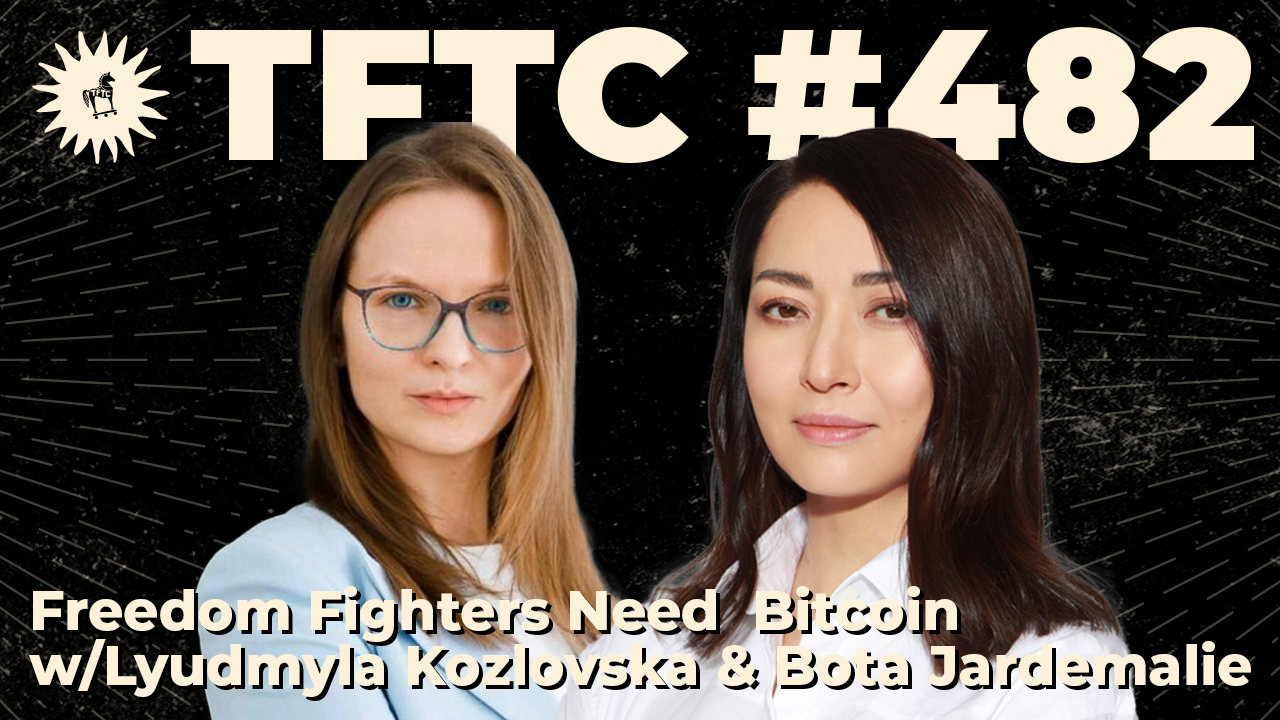The Philosophy of Freedom: Unpacking Centralized Systems and Property Rights with Devon Eriksen
This post was originally published on
Key Takeaways
The allure of centrally controlled systems can be traced back to two fundamental beliefs about humanity. Some see central control as a means to exercise their own will over others, stemming from grifter and manipulative tendencies. Others, however, believe that humanity's inherent nature is flawed or evil, necessitating external control to maintain order and virtue. This dichotomy underscores the broader debate on the role of governance and the nature of human beings.
Central to this discussion is the concept of property rights—a social construct essential for the advancement of civilization. The idea of property rights, though subjectively crafted, is objectively necessary for creating tight feedback loops, ensuring price discovery, and fostering non-violent dispute resolution. The adoption of private property is seen as a societal agreement to respect individual ownership and to disincentivize unproductive behavior such as theft.
The free market, viewed as a decentralized planning system, maximizes the efficiency of individual decision-making. By allowing people to act based on their unique knowledge and circumstances, free markets encourage adaptation and innovation. This system's effectiveness relies heavily on the protection of private property rights, viewed as the technological foundation for peace, economic prosperity, and freedom.
The podcast episode challenges the socialist premise that humans are fundamentally evil and require control. Instead, it promotes the notion that most people are inherently pro-social and that society should focus on empowering individuals rather than constraining them through centralized systems. This perspective also criticizes the intellectual arrogance that leads some to believe they can plan and control society for the greater good.
Best Quotes
- "Property rights don't have to be absolute... They can be a tool invented for a purpose. And that purpose is we would like to live in a stellar empire instead of in grass huts."
- "The strength to save your people lies within your people themselves. Trust them. Empower them. Don't control them."
- "The tragedy of socialism is not that it is populated by stupid people, but that it incentivizes smart people to do stupid things."
- "Civilization exists at all because human beings are a social animal. And the vast majority of us are pro-social."
Conclusion
This podcast episode delves into the philosophical underpinnings of societal organization, challenging the rationale behind centralized control and socialism. It posits that humanity, at its core, is pro-social, and that the key to a thriving civilization lies in respecting and protecting private property rights. The conversation illuminates the importance of freedom and decentralized decision-making as mechanisms for ensuring societal adaptability and innovation.
The episode concludes that the most profound societal change comes from technological advancements that redistribute power, such as bitcoin's potential to decentralize financial control. The overarching message is an affirmation of the human spirit's capacity for self-organization and cooperation, suggesting that the future lies in systems that empower individuals rather than constrain them.
As society continues to grapple with the balance between freedom and control, the insights from this episode offer valuable perspective, inviting further discussion on how best to harness humanity's pro-social nature for collective advancement.




